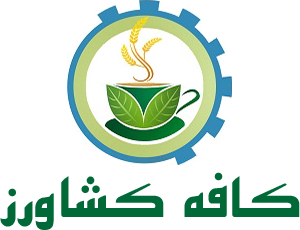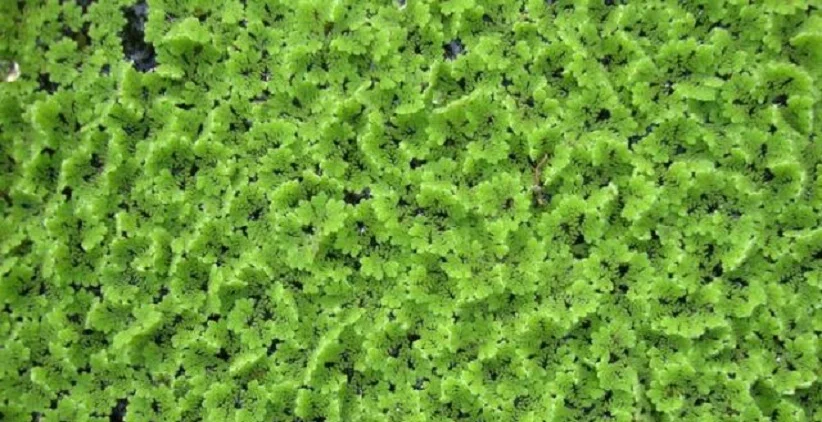Paying attention to two environmental problems that have plagued the northern provinces of Iran in the past years, including the large amount of waste from rice harvesting and the growth of Azolla fern seedlings and the waste from its collection from the water surface, this research on the production of biological modifiers The results of these wastes and their impact on the improvement and strengthening of the soil around Anzali Wetland have been investigated
Hence, Azolla compost, Azolla biochar, and also rice husk biochar were made as bioremediators. Then, the effect of these three modifiers on some chemical characteristics and some elements in the soil at the edge of Anzali lagoon was investigated.
Materials and methods
Samples were taken from the soil at the edge of Anzali lagoon. Rice husk biochar and azolla biochar modifier treatments are produced by pyrolysis method at high temperature and pressure under improved conditions.
After the production of modifier treatments (rice husk biochar, Azolla biochar and Azolla compost), these modifiers were mixed with the sampled soil at the level of zero (control), 2 and 4% by mass.
Then the samples were incubated in closed incubation containers for a period of 6 months. The treatments were kept in the greenhouse in 3 replications as a factorial experiment (with two factors) and in the form of a completely randomized design.
At the end of the incubation period, the samples were transferred to the soil chemistry laboratory. Some chemical elements of the soil including acidity, electrical conductivity, ionic, organic carbon content and combinable form of elements calcium, magnesium, sodium, PET, phosphorus and total nitrogen were measured.
Findings
Variance analysis of the data showed that the effect of the type of biochar, its level and their interaction on all the investigated characteristics was significant at the 1% level.
Among the remedial treatments, the Azolla biochar treatment has the highest amount of phosphorus (17%), nitrogen (15%), sodium (20%), accessible magnesium (28%), organic carbon percentage (10%) and pH (one unit). compared to other corrective treatments.
After that, the application of Azolla compost resulted in the greatest increase in available potassium (11%), electrical conductivity (60%) and cation exchange capacity (23%). The highest performance of the modifying treatments was observed at the level of 4 mass percent of the treatment mixed with the soil.
Conclusion
According to the results of this research, it can be seen that by using biological modifiers such as biochars and compost, in addition to reducing the amount of agricultural waste and its consequences (depositing, burying and burning), these problems can be solved. It was used as an opportunity to modify, strengthen and improve the chemical properties of soils.
Resource
Bageri,Fatemeh and others (2024); Investigation of azolla compost, azolla biochars and rice husk, on the improvement of some soil chemical properties, Journal of soil management and sustainable production.








